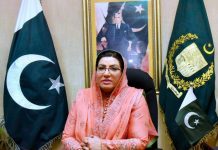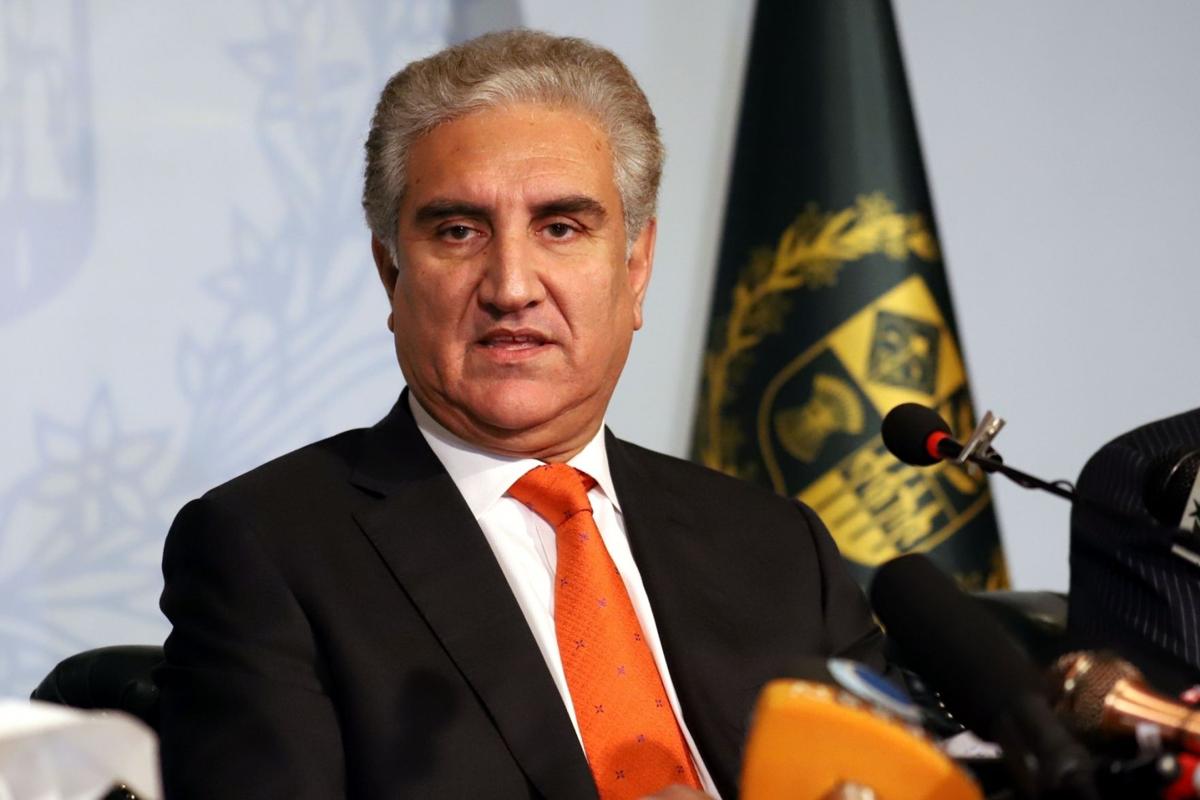KOTLI, Azad Kashmir: Although women make almost half of the population of Azad Jammu Kashmir, their number of votes is far less than that of men.
The total number of registered female voters for Thursday’s elections of the Legislative Assembly is 1,190,839 as compared to 1,483,747 to that of male voters, meaning around 11 per cent of women remained unable to get their votes registered for the polls.
The interesting thing is that there is not even a single constituency among the 29 constituencies of AJK’s districts and 12 constituencies of refugees in Pakistan where women registered voters outsmart the male voters.
In the Kotli District, having the highest number of voters among all districts, the number of female voters is 196,609 against 246,230 male voters. Muzaffarabad has 191,112 registered female voters against 238,164 male voters; Poonch District has 141,334 female voters against 169,634 male voters.
The total number of registered female voters in District Mirpur is 106,244 and that of male voters is 127,274. District Bhimber’s three constituencies have 133,727 male and 109,438 female voters, while District Sudhnoti’s two constituencies have 91,283 male and 74,860 female voters.
District Bagh, which has three constituencies, has a total of 126,326 male voters and 106,246 female voters. District Neelam has 44,105 female voters compared to 52,479 male voters. Similarly, District Havelli has 36,824 female voters against 43,813 male voters. The 12 constituencies, spreading over four provinces of Pakistan have a total of 184,067 women voters as against 254,817 men voters.
An official of NADRA said that the huge numerical gap between the two genders was mainly because several households in AJK still did not feel the need to have identity cards for their women. “Still there are people in our society who think that identity cards are needed only for jobs or travelling purposes so they don’t bother getting them for their women,” he remarked.













